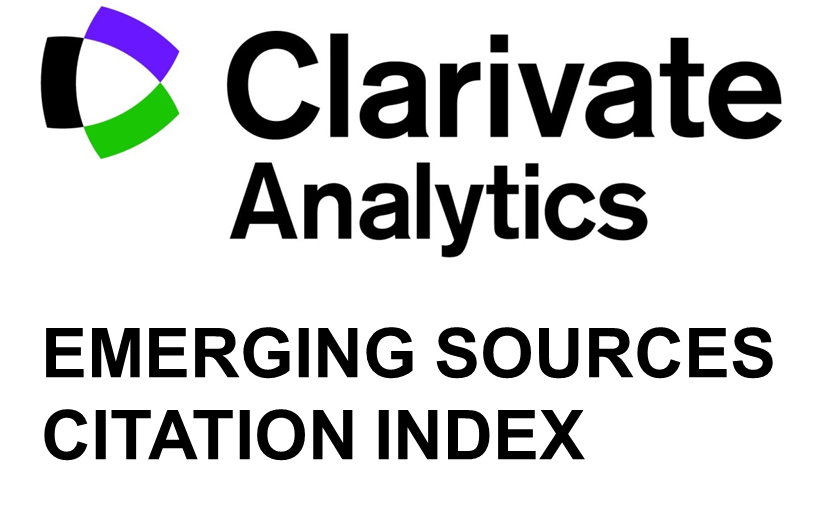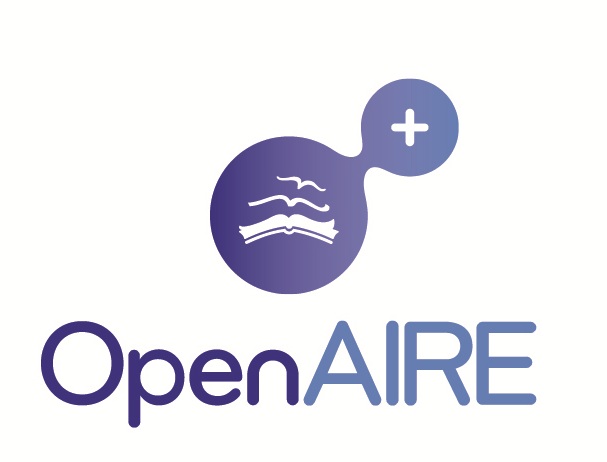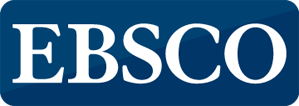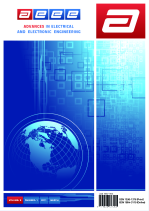Implementation of Adaptive Unsharp Masking as a Pre-filtering Method for Watermark Detection and Extraction
Onur Jane, Gokhan Hakki Ilk
DOI: 10.15598/aeee.v14i4.1827
Abstract
Digital watermarking has been one of the focal points of research interests in order to provide multimedia security in the last decade. Watermark data, belonging to the user, are embedded on an original work such as text, audio, image, and video and thus, product ownership can be proved. Various robust watermarking algorithms have been developed in order to extract/detect the watermark against such attacks. Although watermarking algorithms in the transform domain differ from others by different combinations of transform techniques, it is difficult to decide on an algorithm for a specific application. Therefore, instead of developing a new watermarking algorithm with different combinations of transform techniques, we propose a novel and effective watermark extraction and detection method by pre-filtering, namely Adaptive Unsharp Masking (AUM). In spite of the fact that Unsharp Masking (UM) based pre-filtering is used for watermark extraction/detection in the literature by causing the details of the watermarked image become more manifest, effectiveness of UM may decrease in some cases of attacks. In this study, AUM has been proposed for pre-filtering as a solution to the disadvantages of UM. Experimental results show that AUM performs better up to 11\% in objective quality metrics than that of the results when pre-filtering is not used. Moreover; AUM proposed for pre-filtering in the transform domain image watermarking is as effective as that of used in image enhancement and can be applied in an algorithm-independent way for pre-filtering in transform domain image watermarking.






















